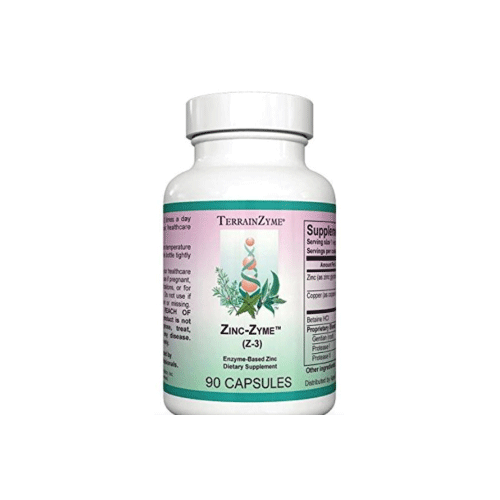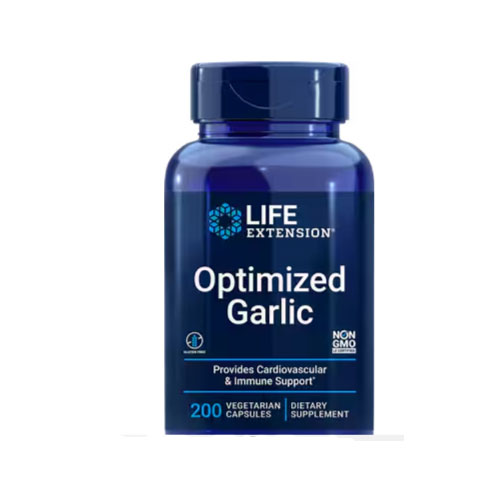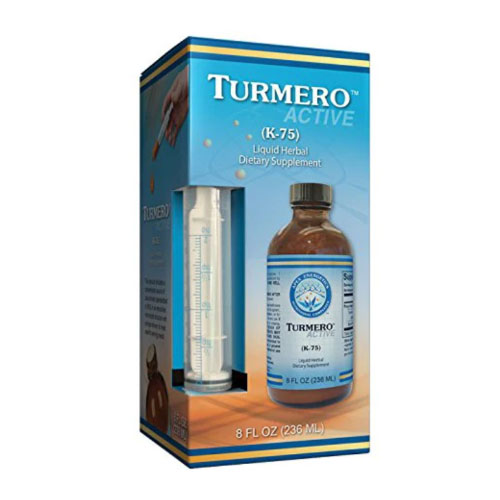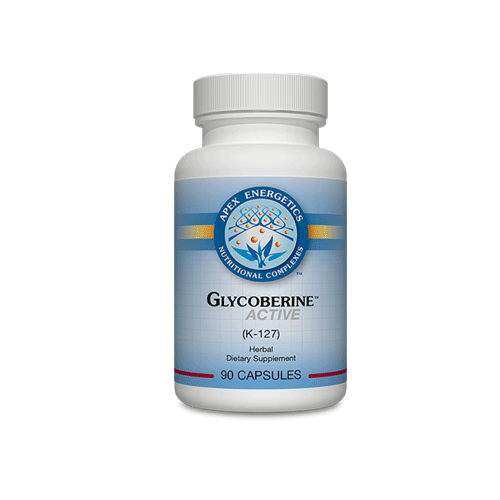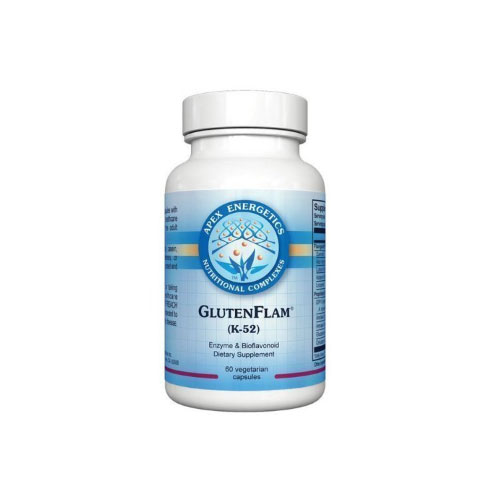Progesterone is the first of the female sex hormones to decline as a patient enters menopause. Symptoms of progesterone deficiency include anxiety, depression, irritability, mood swings, insomnia, diffuse body pain and inflammation, osteoporosis hypersensitivity, nervousness, migraine headaches, weight gain, decreased libido, and decreased HDL.(1)
Synthetic progesterone, termed progestins in the literature, and frequently confused with micronized progesterone, does not reproduce the same actions as its’ bioidentical better.
Micronized Progesterone improves mood, sleep, acts as a diuretic, has no effect on glucose metabolism, maintains estrogen induced arterial dilation, improves lipid profiles, has a beneficial effect on cardiovascular function, reduces estrogenic stimulation of breast tissue, and protects against breast cancer.
Progestins, synthetic progesterone, specifically megestrol, the active ingredients in Provera and Prempro have essentially an opposite effect. Synthetic progestins cause insomnia, irritability, depression, birth defects, raises blood sugar, negates the vasodilatory effect of estrogen, worsens lipid profiles, is implicated in heart attacks, increases estrogenic activity of the breasts and contributes to breast cancer.(2-3)
Micronized Progesterone effects not seen with progestins include stimulation of the production of new bone, enhance action of thyroid hormones, improved libido, restored cell oxygen levels, induced conversion of E1 to the inactive E1S, promotes Th2 immunity, and is neuroprotective, promoting myelination. (4-5)
Micronized progesterone decreases the risk of developing breast cancer. A study of 80,000 postmenopausal women for 8 years using different kinds of HRT found women who used estrogen in combination with synthetic progestin had a 69% increased risk of developing breast cancer when compared to women who never took HRT. Women who used progesterone in combination with estrogen had no increased risk in developing breast cancer compared to women that did not use HRT and also had a decreased risk in developing breast cancer compared to the women that usedprogestin.(6)
Micronized Progesterone inhibits ischemic brain injury due to cerebrovascular disease, reduces infarct volume and improves functional deficits following a cerebral ischemic event. The dose, by the way is 8 mg/kg.(7-9)
Natural progesterone is cardiovascular protective and, along with bioidentical, natural estrogen versus synthetic estrogen and progestins protects against breast and uterine cancer.(10)
References
- Smith, P. What You Must Know About Women’s Hormones. New York: Square One Publishers, 2009.
- Wood, C., et al., “Effects of estradiol with micronized progesterone or medroxyprogesterone acetate on risk markers for breast cancer in postmenopausal
monkeys,” Breast Cancer Res Treat 2007; 101(2):125-34.
- Liang, Y., et al., “Synthetic progestins induce growth and metastasis of BT-474 human breast cancer xenografts in nude mice,” Menopause 2010; 17(5):1040-47.
- Murkes, D., et al., “Effects of percutaneous estradiol-oral progesterone versus oral conjugated equine estrogens-medroxyprogesterone acetate on breast cell proliferation and bel-2 protein in healthy women,” FertilSteril 2011; 95(3):1188-91.
- Wood, C., et al., “Transcriptional profiles of progesterone effects in the postmenopausal breast,” Breast Cancer Res Treat 2009; 114(2):233-42.
- Fournier, A., et al., “Unequal risks for breast cancer associated with different hormone replacement therapies: results from the E3N cohort study,” Breast Cancer Res Treat 2008; 107(1):103-11.
- Sayeed I et al. Progesterone inhibits ischemic brain injury in a rat model of permanent middle cerebral artery occlusion. RestorNeurolNeurosci. 2007;25(2):151-9
- Ishrat T et al. Effects of progesterone administration on infarct volume and functional deficits following permanent focal cerebral ischemia in rats. Brain Res. 2009 Feb 27;1257:94-101
- Yousuf S et al. Progesterone in transient ischemic stroke: a dose response study. Psychopharmacology (Berl). 2014 Sep;231(17):3313-23
- L’hermite M et al. Could transdermal estradiol + progesterone be a safer postmenopausal HRT? Areview. Maturitas. 2008 Jul-Aug;60(3-4):185-201.

